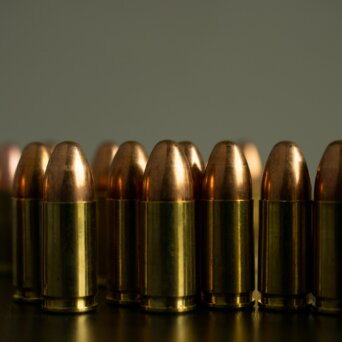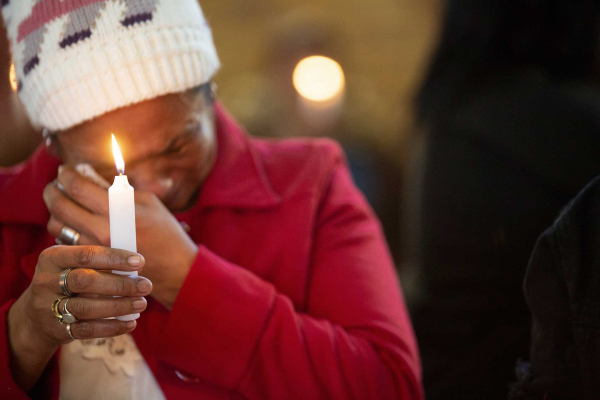- About
- Topics
- Picks
- Audio
- Story
- In-Depth
- Opinion
- News
- Donate
- Signup for our newsletterOur Editors' Best Picks.Send
Read, Debate: Engage.
| topic: | Security |
|---|---|
| located: | Thailand |
| editor: | Pimfha Chan |
Mass shootings and gun violence are sweeping over Thailand as firearm misuse continues to make headlines every day. Ranked as the Southeast Asian country with the second-highest gun homicides after the Philippines, Thailand recorded 2,351 deaths in 2019 - which is approximately 31 percent higher than the numbers of those in Pakistan, according to the data from a health research centre of the University of Washington.
Thailand reported 6,019,546 registered gun owners in 2021, meaning that around 1 in 10 Thai people possess a gun, the data on GunPolicy shows. However, these numbers exclude illegal and unlicensed gun ownership, which, according to the latest statistics in 2017, is estimated to account for at least 4,120,820 guns. Gun possession in Thailand was first made legal in 1947 for self-defence, sports and property protection on the condition of a thorough screening process and age limit. According to the current Firearms Act, a jail term of up to 10 years and/or a fine of up to Baht 20,000 ($553) are imposed on persons in possession of unregistered guns, but the legislation fails to constitute the maximum number of guns a person can carry.
Despite strict prosecution of illegal gun ownership, unregistered guns are still prevalent in the country as online marketplaces have made it relatively cheap and easy for civilians to obtain guns without having to go through complicated background checks, explained a Thai gun expert Wittaya Suksomsote in an interview with a local news station. He said that approximately 97-98 percent of illegal guns, which are either smuggled from neighbouring countries or stolen, are mostly used to commit crimes.
Suksomsote also added that certain types of guns can be imported by just changing some of its parts because of legal loopholes and the law itself is outdated. A new and more comprehensive draft of gun laws has been proposed to the government in the past, but it was rejected by the parliament.
Just last month, the police successfully purged one of the country’s biggest gun-trafficking networks that spanned 5 provinces, which involved a government officer who took advantage of the welfare gun programme and obtained over 2,000 gun licences. The news, nevertheless, did not come as a surprise to the public as this is not the first time that the programme was found to be involved in the illicit trade of firearms. Launched over a decade ago, the programme gives civil servants in different state-run organisations access to purchase guns at prices lower than the market. Any government entity is eligible for the programme upon the approval of the Provincial Administration Department.
Thailand this month reported another high-profile gunfight of two gangs who carried three different illegal firearms at a night market’s parking lot in Ubon Ratchathani province which reportedly led to the death of three persons and the injuries of six others. Old pictures of the perpetrators showing war weapons and gun licences quickly spread on Twitter overnight as online users started to question the power of gun laws. The police concluded that the shootout was intended to settle a personal dispute between both sides and no bystanders sustained serious injuries.
While it is important that people who are guilty of gun violence and illegal firearm purchases face punishment, updating the 75-year-old Firearms Act and putting an end to the welfare gun programme should also be considered as another step to tackle gun violence in Thailand.
Photo by Jay Rembert

